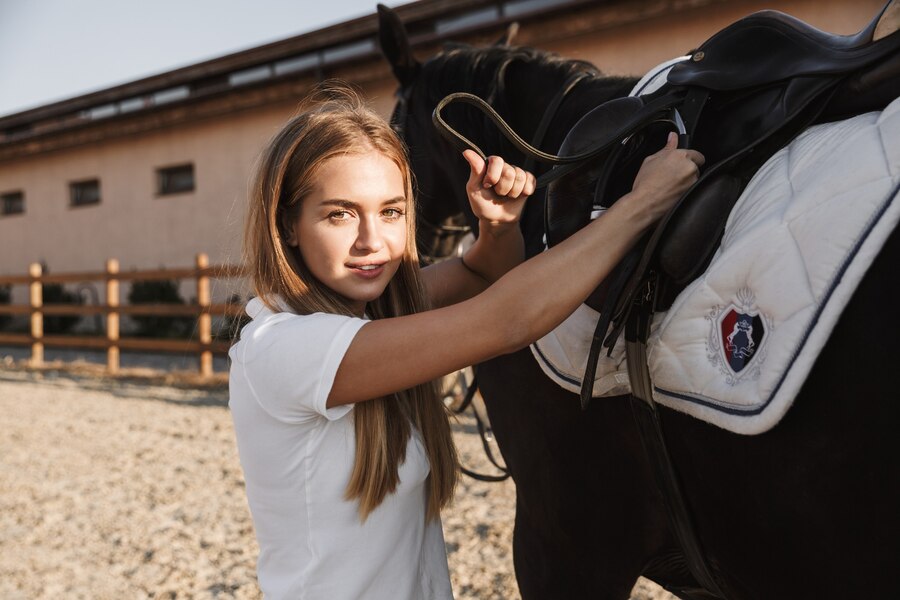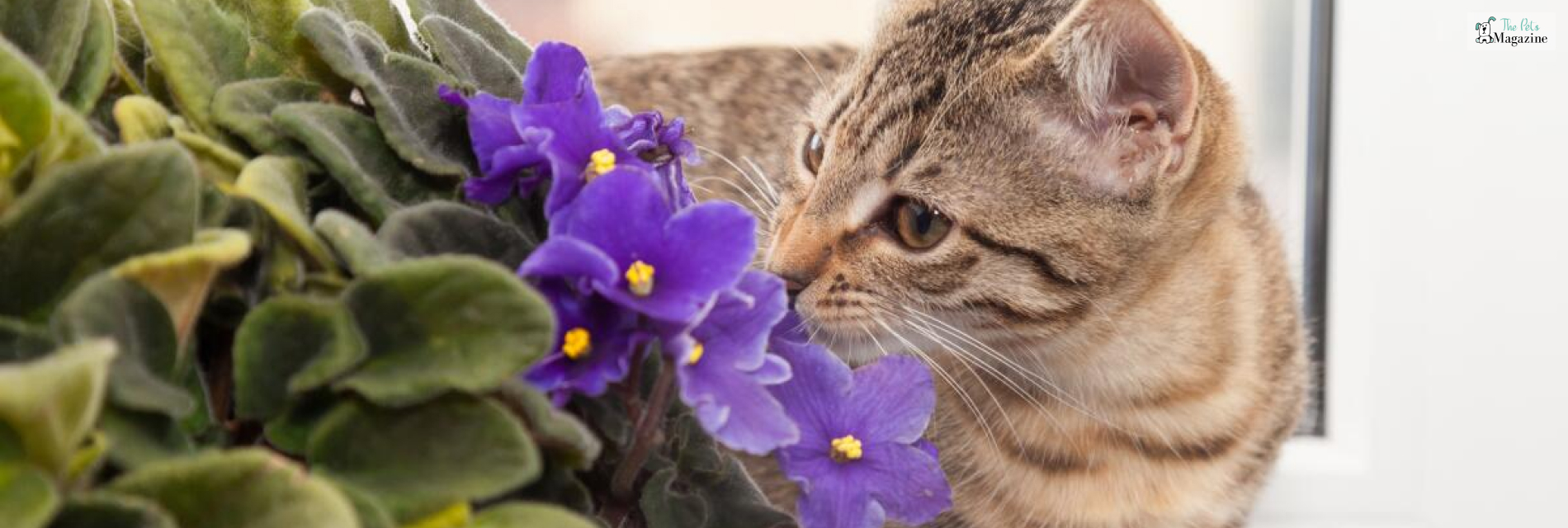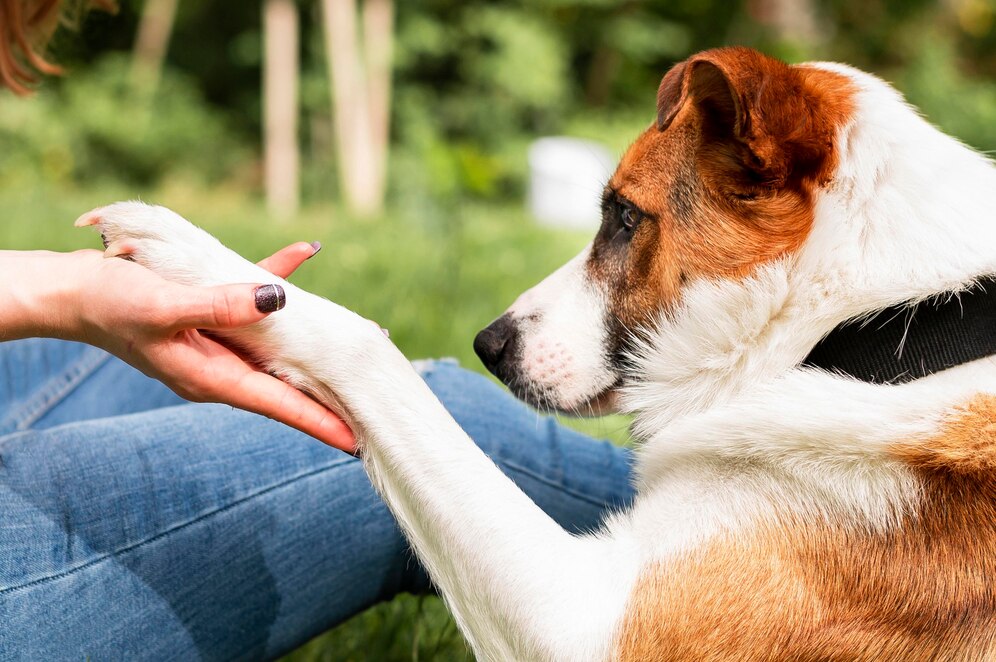10 Key Considerations Before Getting A Horse


Are you dreaming of galloping across vast fields with your own equine companion? Or perhaps you imagine peaceful afternoons grooming and bonding with a gentle horse? Both visions are entirely possible.
The ‘horse girl aesthetic’ didn’t come about as a mere meme. Many people actually like these animals, both for their romantic and practical sensibility. Horse riding also enjoys a long history in different parts of the world, like the UK and the United States.
But before you get one, you should understand the commitments and considerations of owning a horse. In addition, you will need to purchase equipment to ride and safely keep a horse. According to equestrtian experts Pink Equine, you will also need items like saddles, blankets, bridles, and more to ride your horse.
This guide will explore the ten key factors you should consider before opening your heart and home to horses, especially for the first time.
Yard Space
You must evaluate your available yard space before bringing a horse into your property.
Horses need plenty of roaming room, usually about one to two acres. Not only will this space offer them the freedom to stretch and play, but it’s also essential for their overall well-being.
Many new horse owners overlook another crucial aspect of yard space: parasites in horses. Adequate yard space can help mitigate the risk of infestation. Horses grazing on overcrowded pastures are more likely to ingest these troublesome organisms, leading to health complications. Keep your horse parasite-free by regularly cleaning and maintaining their environment.
Horse Age
Consider the age of your potential pet horse next. If you’re a novice, it’s best to start with horses in the six- to twelve-year range, as they are more manageable.
Younger horses will require extensive training and can be unpredictable, which can lead to severe accidents if you don’t know what you’re doing. Meanwhile, older horses may have health issues and be less capable of engaging in strenuous activities. Consider talking with a professional handler first to gauge how ready you are to accommodate a horse at their age.
Horse Breed
There’s a wide variety of horse breeds, each with unique traits, temperaments, and care needs. Whether you prefer the agility of a thoroughbred, the strength of a Clydesdale, or the gentleness of a Shetland pony, selecting the right breed for your lifestyle is pivotal. For those seeking more information, explore this in-depth guides on horse breeds.
Look for a horse that fits your capabilities and goals as a horse owner best. Endurance breeds like the Appaloosa are excellent options for racers. Meanwhile, draft breeds like the Freiberger and the Percheron are more suited for farm work.
Horse Size And Color
Closely related to breed, size matters when choosing a horse. Larger horses require more feed, larger tack, and more space. While you may dream of owning a towering Friesian, your resources may be ideal for a more compact Quarter Horse.
Coat color also plays a role in your choice. Some patterns, like the overo pattern with blue eyes, could be linked to genetic disorders such as hearing disabilities. Pure white horses may carry the gene for the lethal white syndrome, which causes a high risk of foal death.
Though coat color may not be a primary selection factor, understanding these potential health risks can influence your choice.
Also, not all horses with a specific coat pattern have health problems. Seek advice from a veterinarian to know if your chosen horse is in peak health.
Gelding Or Mare
Gender is another important factor. As a beginner, it’s best to steer clear of stallions (intact males) and consider either a mare or a gelding.
Mares (females) can be temperamental, especially during their heat cycles. Geldings (castrated males) are typically more even-tempered than stallions.
However, their tempers aren’t always equal across the board. That’s also part of what makes owning a horse exciting. No two horses are exactly alike. Each comes with its quirks and benefits, so weigh this decision based on your personal comfort and experience.
Where To Buy
Once you know the kind of horse you want, think about where to buy it. Reputable breeders, horse rescue organizations, and private sellers are viable options. The Internet is also a great place to start searching. However, remember to thoroughly assess the seller and confirm the horse’s health and history.
Temperament And Condition
When working with animals, you’ll deal with many temperaments, some less manageable than others. A horse’s demeanor and health status are crucial to a positive ownership experience.
Choose a horse with a temperament that matches yours and the activities you intend to engage in. Furthermore, a thorough vet check before a purchase can help ensure you’re not taking in horses with severe health issues.
For your easy reference, here’s a list of horses novice owners should avoid for now:
- Horses that need intermediate or advanced riders, as indicated in listings
- Pregnant mares with the code word ‘in foal’
- Horses with health concerns, unless indicated that they’re ‘serviceably sound’
- Horses with the code words ‘spirited,’ ‘barrel prospect,’ ‘endurance prospect,’ or ‘needs strong rider’
- Untrained horses with the code words ‘in training,’ ‘well started,’ ‘loads of potential,’ or ‘still growing
Rather than focusing on horses with the challenges listed above, it may be better to focus on the following attributes:
- Well-trained horses with the code words ‘proven track record’ and ‘anyone can ride’
- Well-tempered horses with the code words’ easy keeper,’ ‘bombproof,’ ‘steady,’ ‘quiet,’ or ‘calm’
Choosing a horse that is easier to manage will help as you learn the ins and outs of ownership. The animal will also be more relaxed around an owner who’s not stressing too much.
Lease Or Ownership
Owning a horse can be an exciting adventure but also a long-term commitment.
If you’re unsure, consider leasing. It can provide a feel for the responsibilities and costs associated with ownership without permanence.
You can try a full or partial lease for as little as six months. With the former, you’re responsible for the horse’s care and expenses for its needs. Meanwhile, maintenance falls primarily with the owner in the latter.
Lease agreements may vary and depend on the lessor and lessee’s terms. Ask your local horse trainer or riding instructor for the ideal option if you can’t decide.
Budget
Of course, the cost is a significant factor when owning a horse. Beyond the initial purchase price, horses require ongoing spending for their many needs. Understanding and planning for them is critical to ensure you can provide a healthy life for your horse.
Some of the things you should budget monthly for include:
- Food and supplements
- Vet visits
- Tack and equipment
- Boarding
- Farrier (hoof care specialist)
- Training
You’re well prepared for horse ownership if you can set aside your finances for these necessities.
Time
Finally, understand that owning a horse is a massive time investment. Horses require much attention, from feeding and grooming to exercising and bonding.
If you choose to own senior horses or newborn foals, expect to invest more time in caring for them. If you can’t commit to several hours daily, horse ownership might not be the right path for you.
Know What It Takes
Welcoming a horse into your life is a deeply thoughtful decision. Ensuring you have ample space and budget while knowing the horse’s age, temperament, and health condition will set you up for a successful and enjoyable experience.
As you think about these important factors, know that your commitment will create a rewarding relationship with one of nature’s most majestic creatures. Talk to experts today!
Investing In High Quality Equipment
Investing in high-quality equipment is essential for the overall well-being of your horse. Saddle pads, bridles, reins, and girths play an important role in ensuring comfort and safety during rides. Saddle pads help distribute the rider’s weight evenly, preventing pressure points and discomfort for the horse. You can find saddle pads in a variety of colors and styles that are durable and not only meet your horse’s needs but also are used to complement your personal preferences and sense of style. Quality bridles and reins provide clear communication between rider and horse, promoting better control and responsiveness. Well-made girths help secure the saddle in place, preventing discomfort during movement.









Leave A Comment